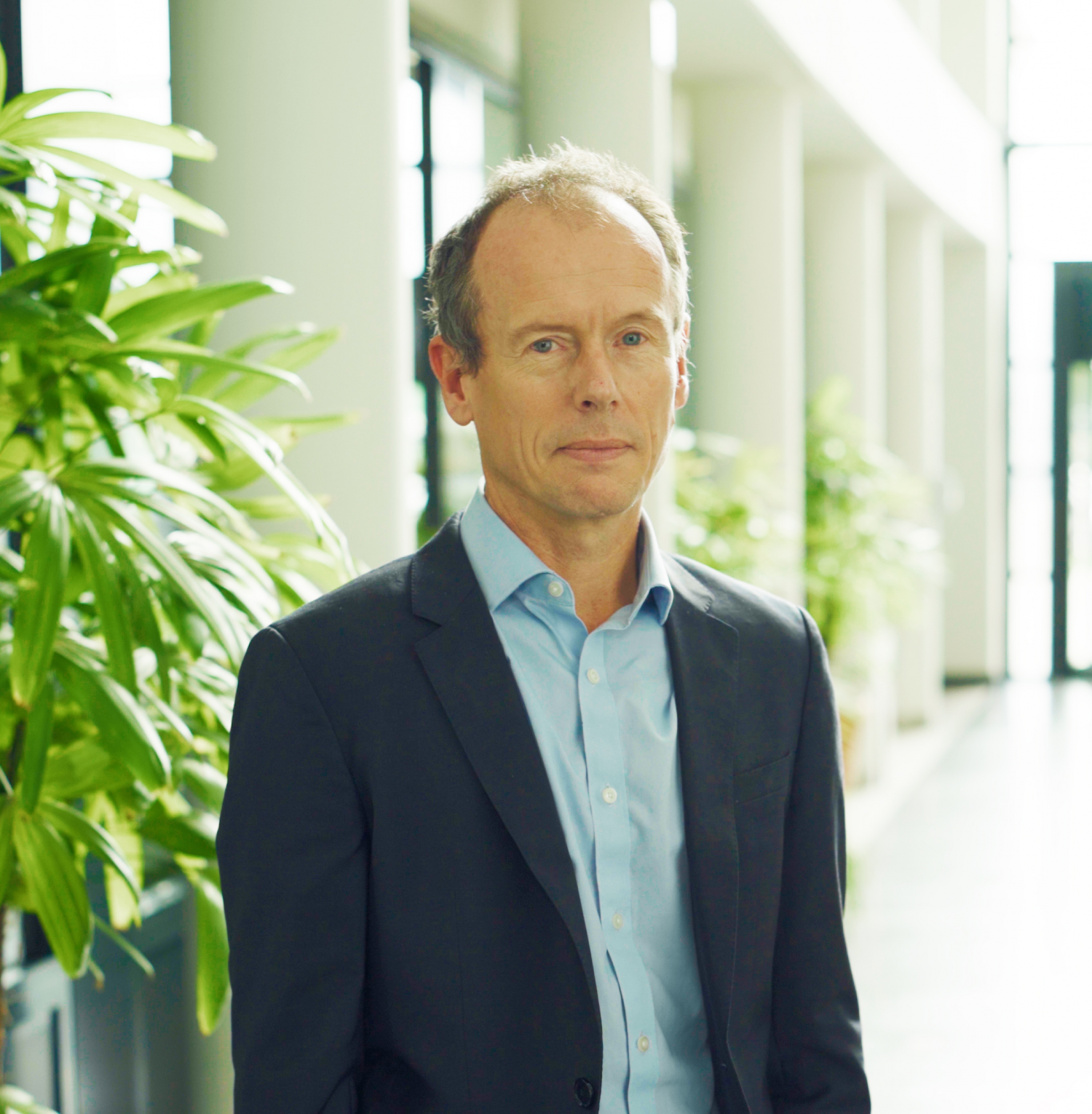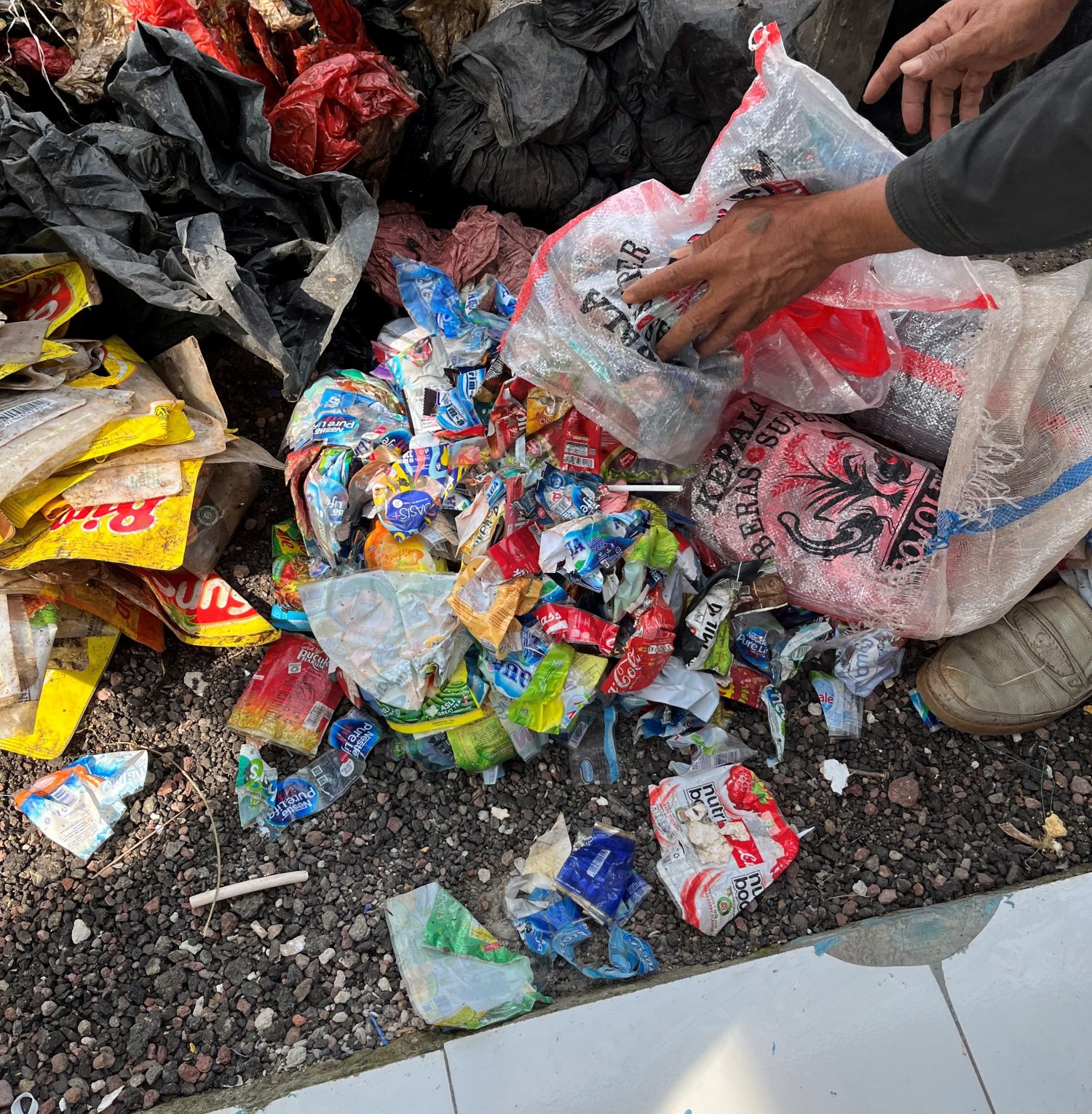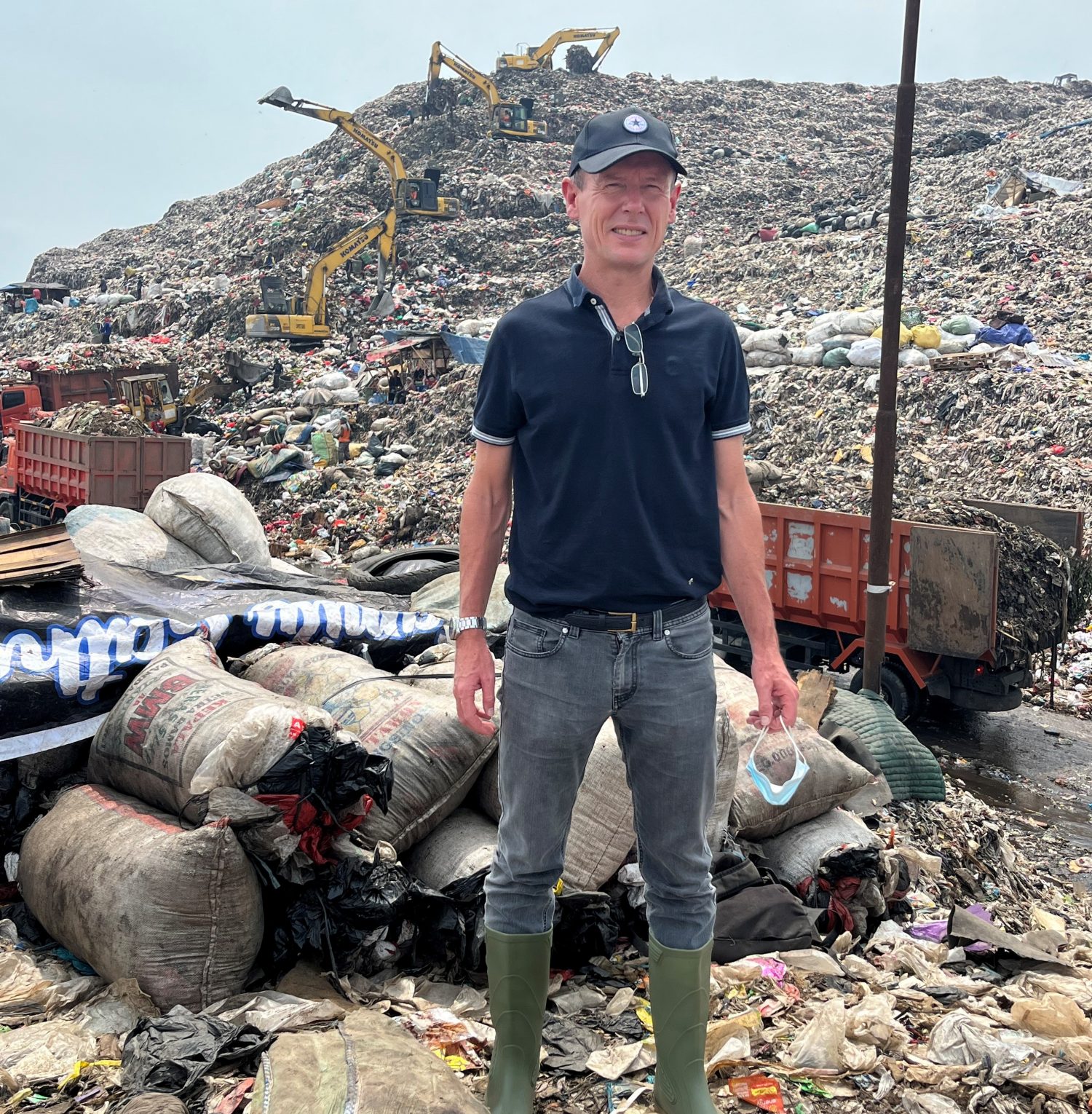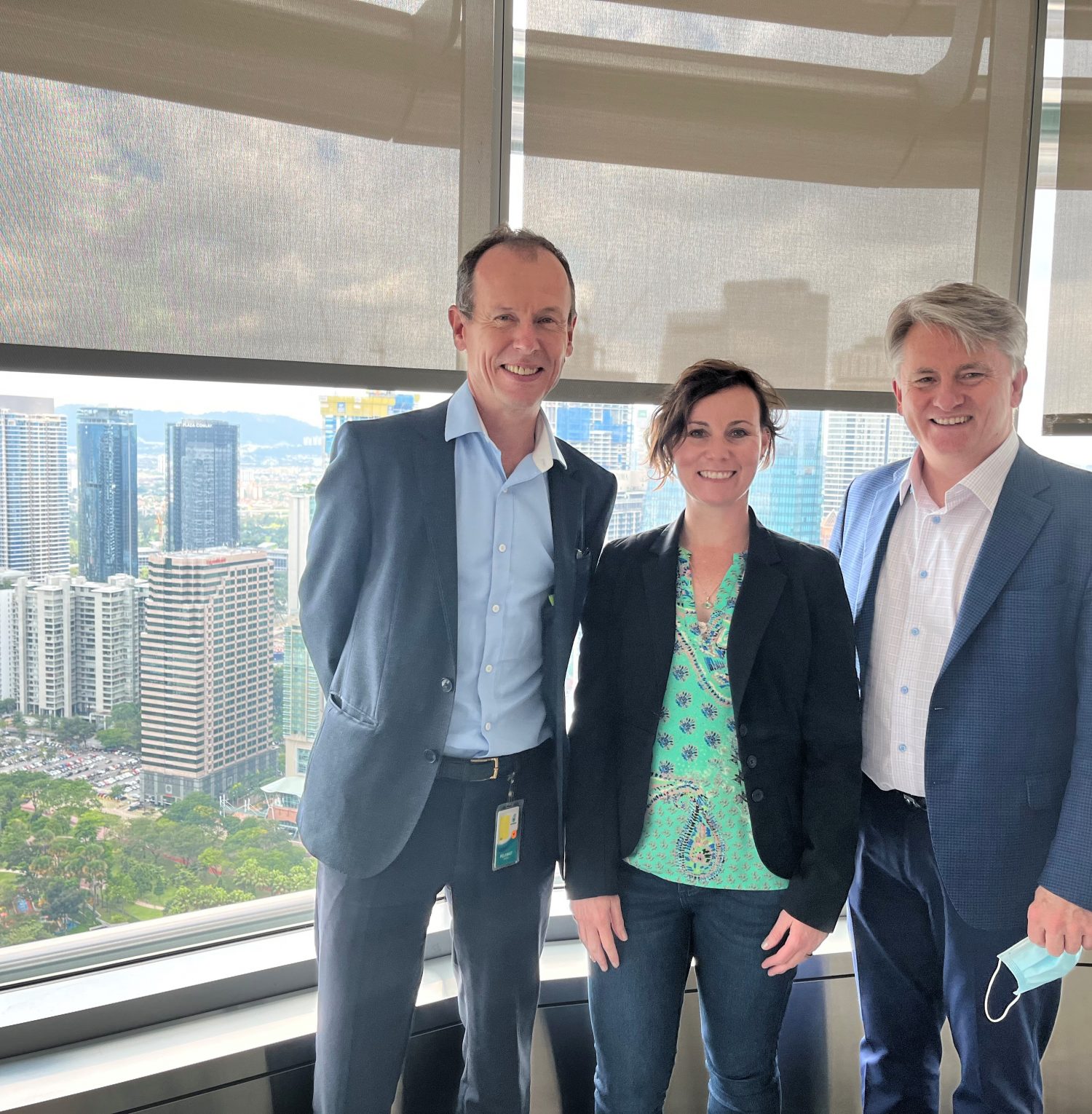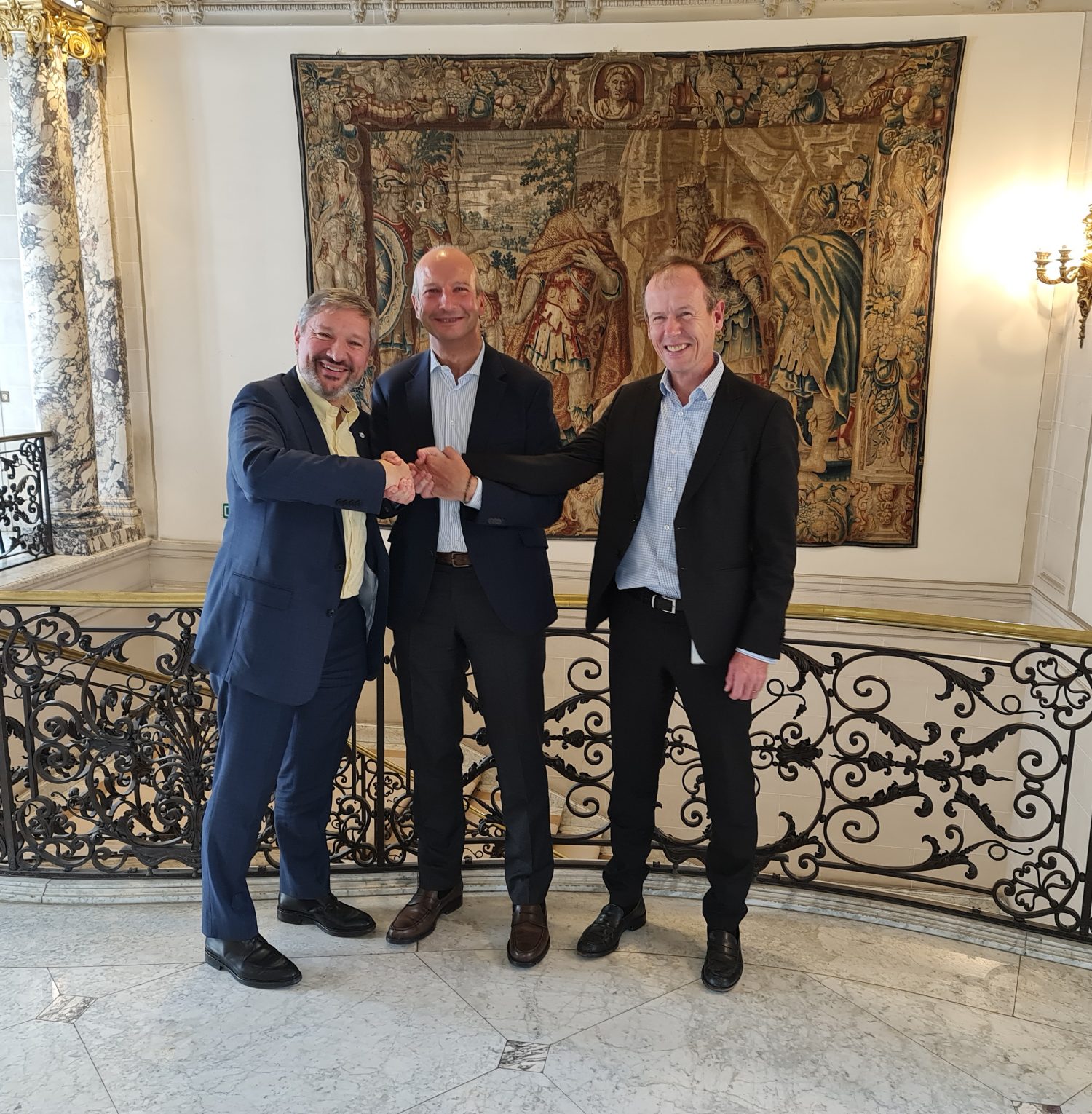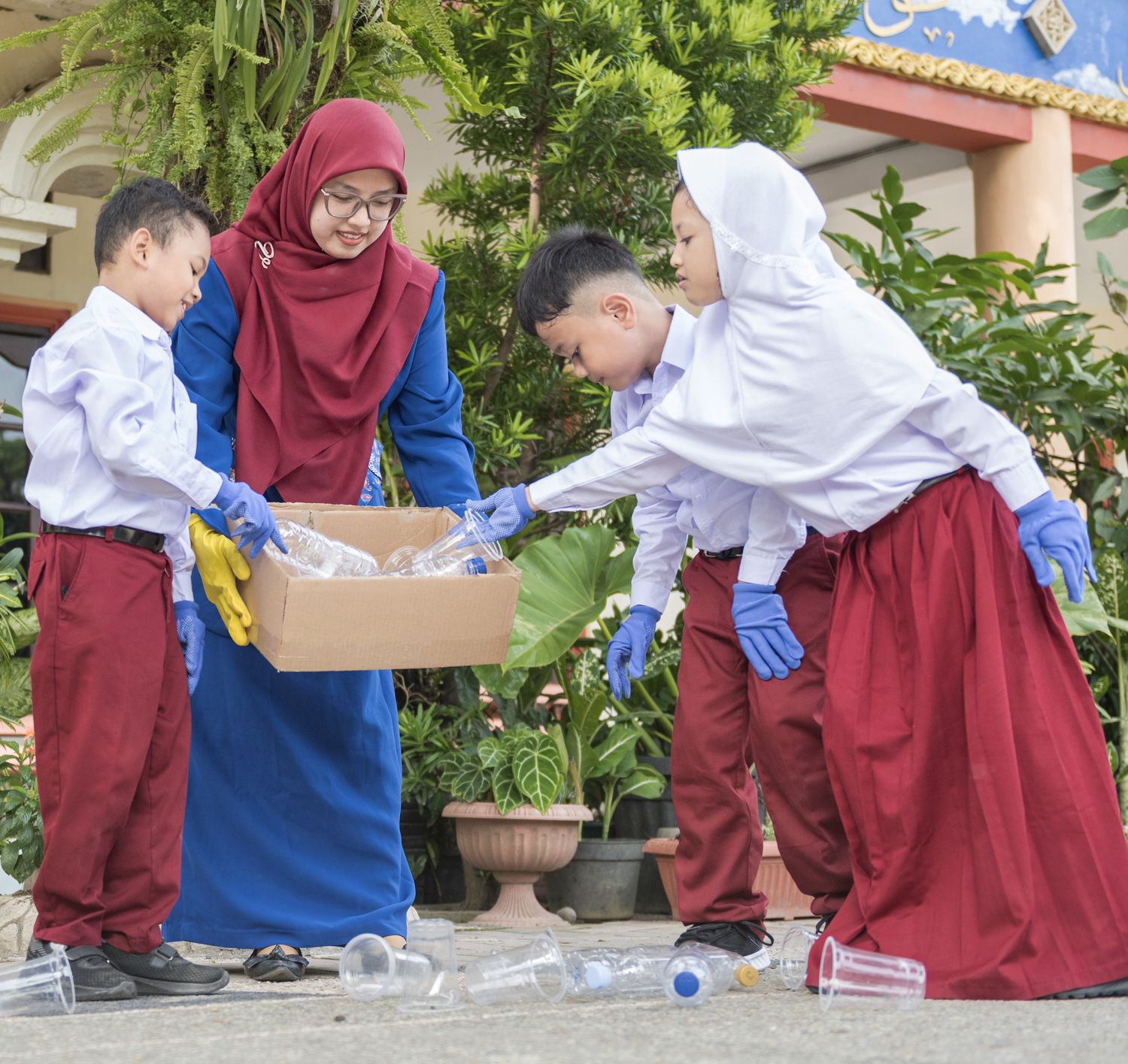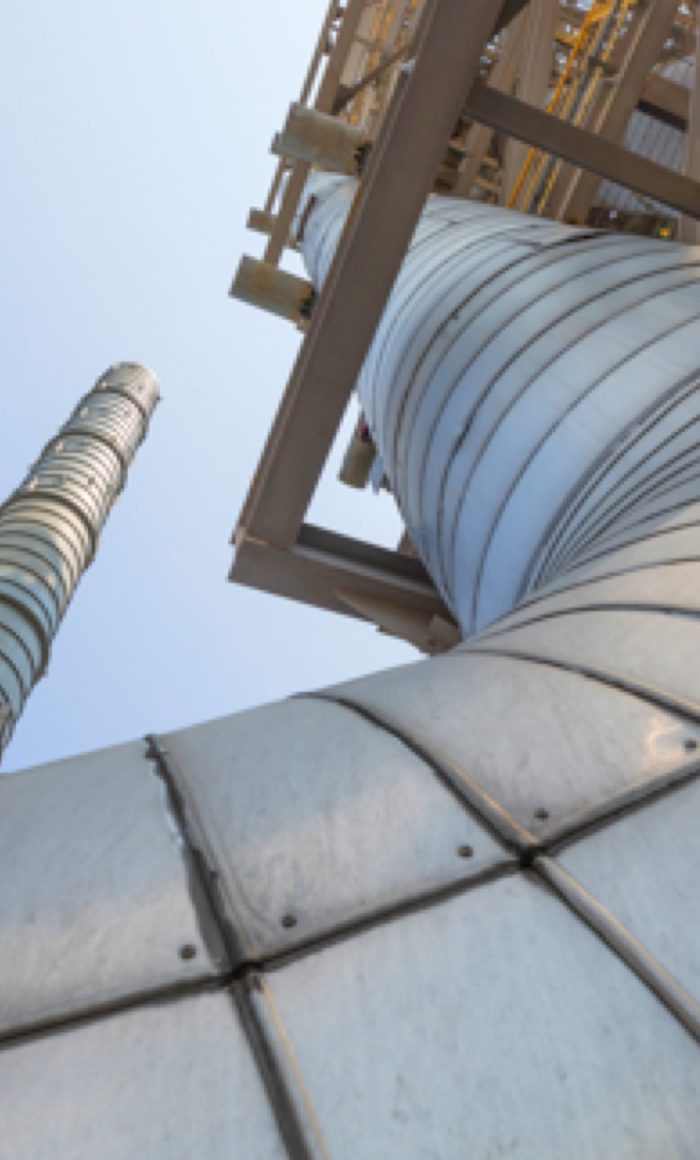I think I have something of a dream job. I’m working to develop solutions to allow society to address the plastic waste challenge.
Specifically, my job is to help realize ExxonMobil’s plans for (also known as chemical recycling): which is the process of breaking down hard-to-recycle plastics and transforming them into raw materials for new products. I identify potential partners, develop initiatives, and support the creation of a value chain for this nascent industry. By year-end 2026, we expect to build about 500,000 metric tons of annual advanced recycling capacity globally, so there is much work to be done.
There is a sense of urgency about addressing plastic waste. It resonates with everyone I talk to – from my friends and family to business partners. That gives me energy to deliver and further grow ExxonMobil’s ambitions in this field. Advanced recycling provides a solution to plastic waste that isn’t currently being recycled.
The technology won’t by itself help solve society’s plastic waste challenge, but it can be a big part of the solution. And ExxonMobil can be central to progressing it.
I’ve been with ExxonMobil for 25 years, largely in product management and business management roles. In 2018, I became involved with ExxonMobil’s ambition to achieve net-zero greenhouse gas emissions (scope 1 and 2) from our operated assets by 2050. In 2019, I was thrilled to get the opportunity to lead our first venture into advanced recycling.
The project is a collaboration in France with a prominent advanced recycling business, Plastic Energy, and construction is already underway. This is a really rewarding initiative to drive: ExxonMobil is serious about advanced recycling and it’s fantastic to work on something that people believe in so strongly. In addition to the initiative in France, I also manage the growth of our advanced recycling business across Europe and Asia Pacific.
We’re in uncharted territory with advanced recycling. Everything is quickly evolving and that’s both the most challenging and most exciting element of my work. One of the more difficult aspects is getting access to plastic waste as a feedstock. In all regions where we operate, this requires identifying the right partners and selecting the right technology. It also relies on working with authorities for the implementation of the appropriate regulatory framework and setting up a completely new supply chain.
Collaborating with actors in the value chain that we haven’t worked with before can be complicated, but I also find it fascinating. The companies include start-ups that bring great strengths – such as agility, flexibility, and innovation – and businesses in sectors that were historically far away from the core of ExxonMobil’s business, for example, waste management companies. Now we are all finding new ways to work together, and that’s exciting.
Something that has become very clear to me in this role is how focused ExxonMobil is on advanced recycling, and how well-positioned we are to play a leading role in it. We have experience of rolling out projects at scale, dealing with complicated industrial processes, and managing complex value chains.
The quality of our people is another strength. The people I work with are not just experts at what they do, they’re also passionate – committed to their work and to improving our company and life in our communities. I am very grateful that so many of my colleagues are contributing to this journey – it amazes me every day.
So, what’s next?
We recently announced the start-up of our first large-scale advanced recycling facility in Baytown, Texas, in the United States. The facility is capable of processing up to 40,000 metric tons of plastic waste per year, supporting a circular economy for post-use plastics and helping to divert plastic waste currently sent to landfills or incineration.
Beyond Baytown, our global team is working on scaling advanced recycling capacity to 500,000 metric tons per year across multiple countries by the end of 2026. We recently announced additions to our portfolio in Indonesia and Malaysia, where we are assessing collaborations with strong local partners and leading technology providers.
The number of concurrent opportunities means I’m dealing with many changing priorities, which isn’t always easy. But it’s also amazing to be developing so many initiatives at the same time.
Industry, as well as packaging manufacturers, need to look at a circular economy, taking steps to design plastic that is easier to recycle. Promoting plastic that often offers lower lifecycle emissions than other materials, enabling waste management infrastructure enhancements, and addressing plastic waste that is currently mismanaged is also part of the necessary change.
As a citizen of the world, I always ask myself where I can add the most value. Today, I’m confident that my place is at ExxonMobil, helping the company develop and deploy solutions to address plastic waste in Asia, Europe and beyond.
